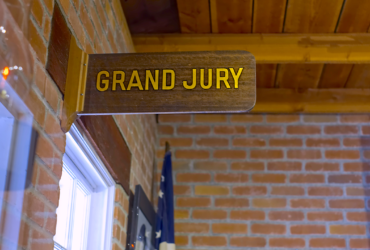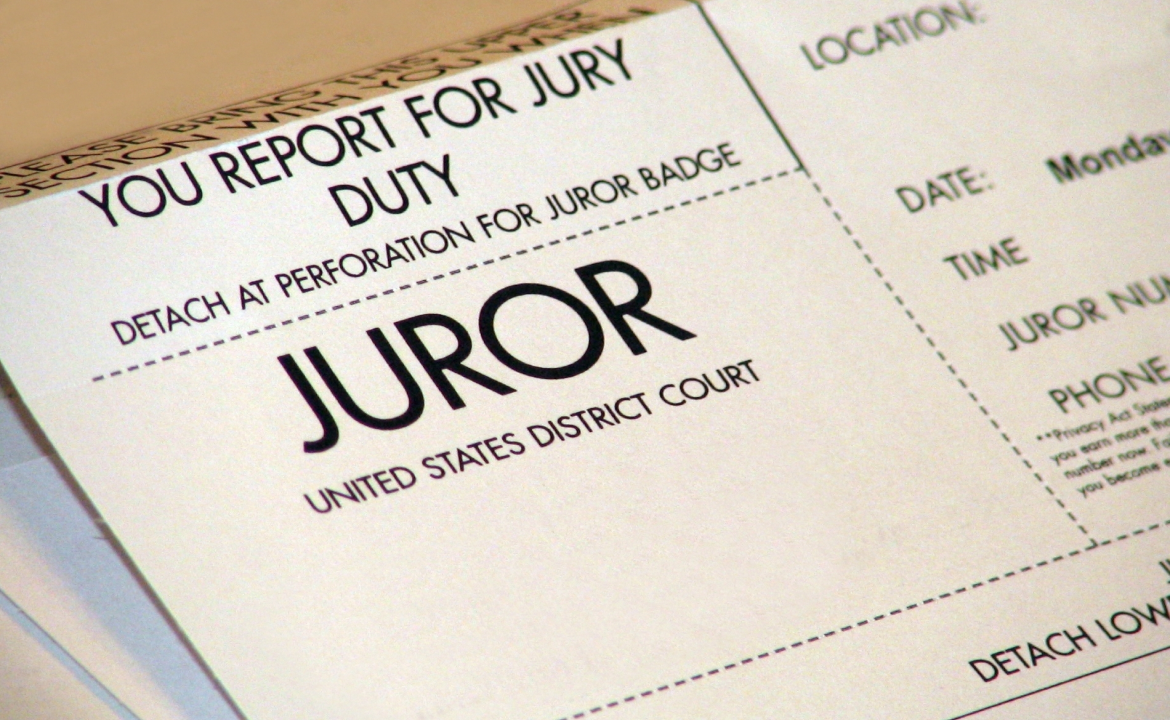In criminal and civil cases, the parties have a right to have their case decided by a jury of their peers
Each juror is sworn to hear the facts of a case, apply the law, and deliver a verdict. The jury is instructed not to allow personal feelings or biases to interfere or sway their judgment.
In civil and criminal court, it is the judge who decides the law and the jurors who decide the facts.
Criminal And Civil Trials Differ On the Number Of Jurors To Reach A Verdict
Criminal Trial
In a criminal trial, the Constitution requires a unanimous jury verdict. If the jury is hung in a criminal matter, which means the jury cannot reach a unanimous verdict, the judge declares a mistrial.
A jury that could not reach a unanimous verdict does not mean the defendant cannot be tried again. The jury must reach a unanimous guilty or not guilty verdict to bring the case to full closure.
Civil Trials
Civil court juries do not require a unanimous verdict. Each jurisdiction can determine how many jurors are needed to reach a civil verdict.
Many jurisdictions require only ten of the twelve jurors to reach a verdict.






